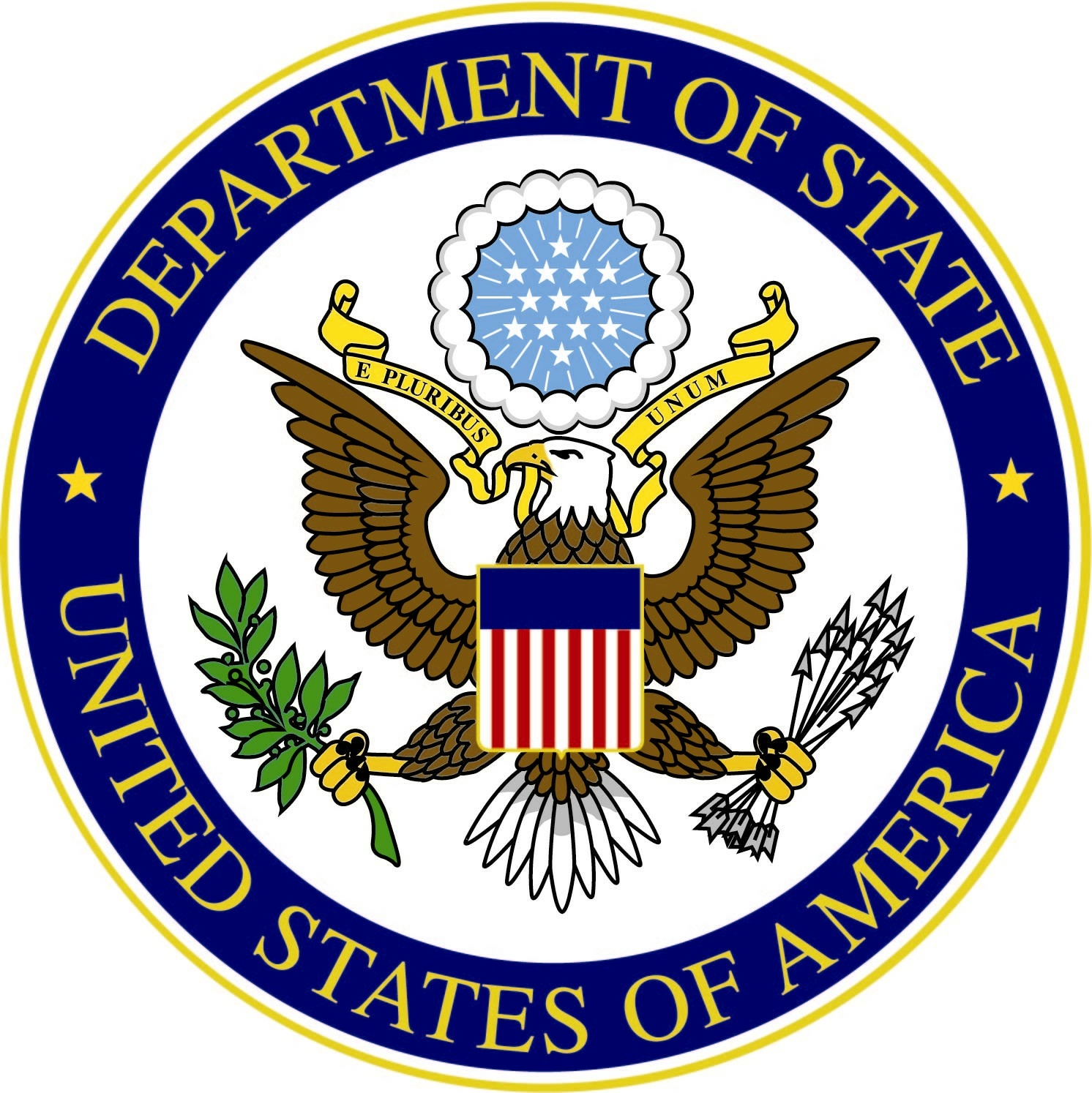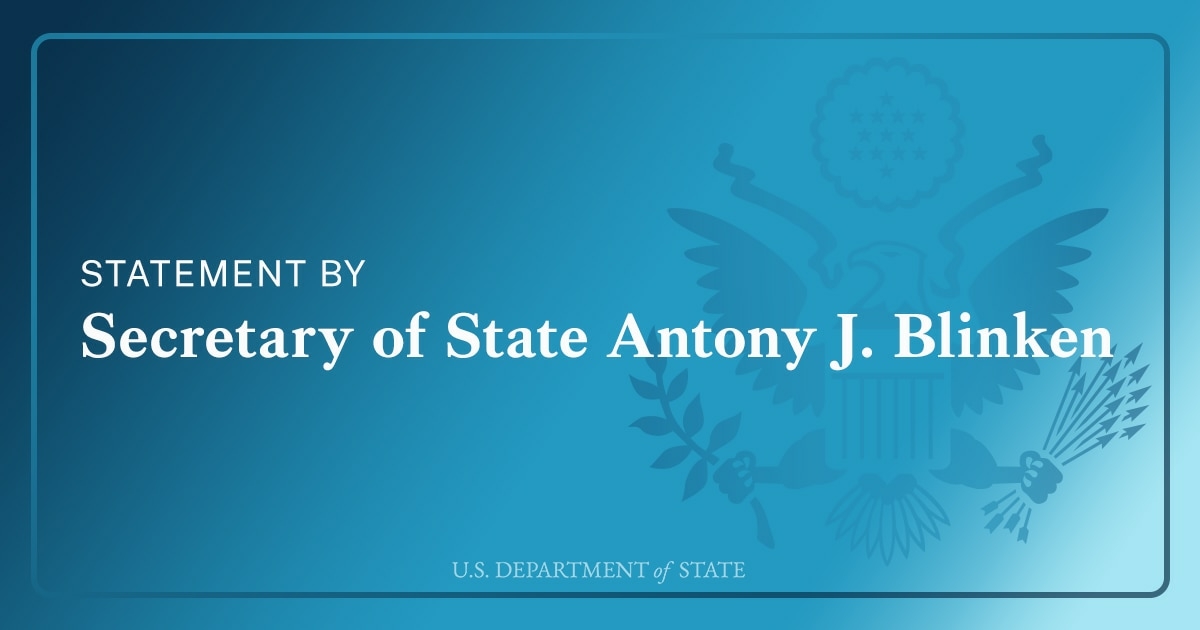In pursuit of their joint interests and shared values, Japan, Mongolia, and the United States held a trilateral meeting on October 28, 2022, in Tokyo. The three sides discussed a wide range of regional security challenges, economic issues and areas of cooperation. The three sides reaffirmed their commitment to strong ties with each other and dedication to their vision for a free and open Indo-Pacific. Japan and the United States expressed their support for Mongolian democracy and the Third Neighbor policy.
Director-General of Japan’s Department of Foreign Affairs for Asia and Oceania, Funakoshi Takehiro, Secretary of State of the Mongolian Ministry of Foreign Affairs, Nyamdorj Ankhbayar, and US Deputy Assistant Secretary of State for East Asian and of the Pacific, Mark Lambert, attended the meeting.
Japan, Mongolia and the United States emphasized the importance of international law, including the Charter of the United Nations and the principles of sovereign equality, respect for the independence and territorial integrity of States, and prohibition of the threat or use of force. To this end, the three sides expressed concern for the plight of the Ukrainian people. The three sides also expressed deep concern about the risk of the use of nuclear weapons and the deteriorating international security environment, and also called on all States to affirm that a nuclear war cannot be won and must never be fought.
Japan, Mongolia and the United States expressed their respective views on the Democratic People’s Republic of Korea (DPRK)’s continued development of nuclear weapons and their means of delivery, including the unprecedented number of ballistic missiles launched in 2022. All sides stressed the need to resume dialogue, and urged the DPRK to fully comply with its obligations under the relevant UN Security Council Resolutions and to initiate dialogue. All sides also stressed the importance for the international community to fully implement the relevant UN Security Council Resolutions. Japan stressed the need for an immediate resolution of the kidnapping issue and thanked the United States and Mongolia for their continued support on this issue.
The three sides reaffirmed their shared commitment to upholding the rules-based international order, including the principles and purposes of the Charter of the United Nations. All sides strongly opposed any party’s attempts to unilaterally change the status quo by force or coercion in any region and stressed the importance of resolving disputes by peaceful means.
Japan, Mongolia and the United States shared their respective visions for regional development, including in the Indo-Pacific, and exchanged views on how to cooperate to ensure a prosperous and peaceful future. All sides agreed to work together to promote the rule of law, the peaceful resolution of disputes, human rights, environmental protection and economic development. Japan and the United States expressed their appreciation for Mongolia’s contributions to UN peacekeeping operations and ongoing stability operations in conflict zones around the world. All sides expressed the intention to continue defense cooperation and joint training exercises.
Japan, Mongolia and the United States discussed the economic challenges the international community is facing as a result of regional and global shocks. All sides stressed the importance of strengthening the international economic order to face new challenges such as economic coercion. All sides highlighted their desire to deepen their economic partnership, including through enhanced collaboration on renewable energy, climate change, supply chain resilience, critical minerals, intellectual property rights and digital development. They discussed the importance of improving Mongolia’s business climate and ability to attract investment, particularly from Japan and the United States. Japan and the United States discussed their development projects in Mongolia and ways to enhance the mutual complementarity of such projects and their impact in promoting Mongolia’s economic development. In particular, Mongolia and the United States have informed Japan of their joint $462 million Millennium Challenge Corporation pact that will expand Ulaanbaatar’s water availability by 80%. Mongolia expressed appreciation for Japan’s enduring Official Development Assistance (ODA) projects. Japan and Mongolia highlighted their recent cooperation at Chinggis Khaan International Airport, built using Japanese ODA and operated by a Mongolia-Japan joint venture, to increase Mongolia’s regional connectivity and realize the vision of a free and open Indo-Pacific.
The second element of Article 9, which prohibits Japan from maintaining an army, navy or air force, has been highly controversial and arguably less effective in policymaking.
How many tanks does the US have?
| # | COUNTRY | AMOUNT |
|---|---|---|
| 1 | Russia | 22,710 |
| two | China | 9,000 |
| 3 | United States | 8,725 |
| 4 | India | 5,978 |
How many tanks do we have in storage? Russia, with its 12,950 tanks, unsurprisingly, has the largest reserves of armored vehicles. The United States is the number two tank power with 6,333 vehicles.
How many battle tanks does the US have?
In 2022, the United States had approximately 6,612 main battle tanks in its armed forces, the most of any NATO member state.
How many tanks has NATO?
These tanks are only used in NATO by their respective countries. There are around 200 tanks in service for each tank type, making a total of 800, plus around 1,500 Leopard 2s and around 2,500 M1 Abrams. See the article : Algeria National Day – US Department of State. Most are M1A2 and the rest are M1A1.
Who are the 15 members of the Security Council?
The Security Council has 15 members: See the article : Essential Workers will be inducted into the United States Labor Honors Hall.
- 5 permanent members with veto power: China. France. Russian Federation. United Kingdom of Great Britain and Northern Ireland. USA.
- 10 non-permanent members, five of whom are elected annually by the General Assembly for a two-year term.
Which country is not a permanent member of the UN? Japan is not a permanent member of the UN Security Council.
Why are there 5 permanent members of the Security Council?
According to the International Law of Oppenheim: United Nations, “permanent membership in the Security Council was granted to five states on the basis of their importance in the aftermath of the Second World War”. Sometimes called the P5, permanent members of the Security Council have a unique role that has evolved over time. Read also : US gives Philippines $100 million in foreign military financing.
Who is Japan’s closest ally?
In a 2019 Pew poll, 63% of people in Japan named the United States as their closest ally, far more than any other country named by Japanese respondents.
Is Japan a NATO ally? Located on the edge of the Pacific, Japan is not eligible to join NATO due to its geographic location. However, Japan has a close partnership with NATO. Japan is a member of “partners around the world” along with countries like Australia.
Is Japan a ally of China?
As one of the main US allies and an important trading partner of China, Japan is in a delicate situation and must balance its position between the two superpowers.
Is Japan America’s closest ally?
From the late 20th century onwards, the United States and Japan had strong and active political, economic, and military relations. US government officials generally regard Japan as one of their closest allies and partners.
Does China have an FDA?
The National Medical Products Administration (NMPA) is the Chinese agency for regulating drugs and medical devices (formerly the China Food and Drug Administration or CFDA).
How are drugs approved in China? The Drug Evaluation Center (CDE) organizes pharmacy, medical and other technical personnel to review accepted drug marketing authorization applications. Upon completion of the comprehensive review, it issues a drug registration certificate.
Do other countries use FDA approval?
In today’s world, other countries produce significant portions of the food and medical products that US consumers and patients use in their daily lives. In fact, 136,400 foreign facilities in more than 150 countries export FDA-regulated products to the United States.
Does Japan have an FDA?
PMDA (Pharmaceuticals and Medical Devices Agency) is a Japanese regulatory agency, working together with the Ministry of Health, Labor and Welfare. Our obligation is to protect public health by ensuring the safety, efficacy and quality of pharmaceuticals and medical devices.



